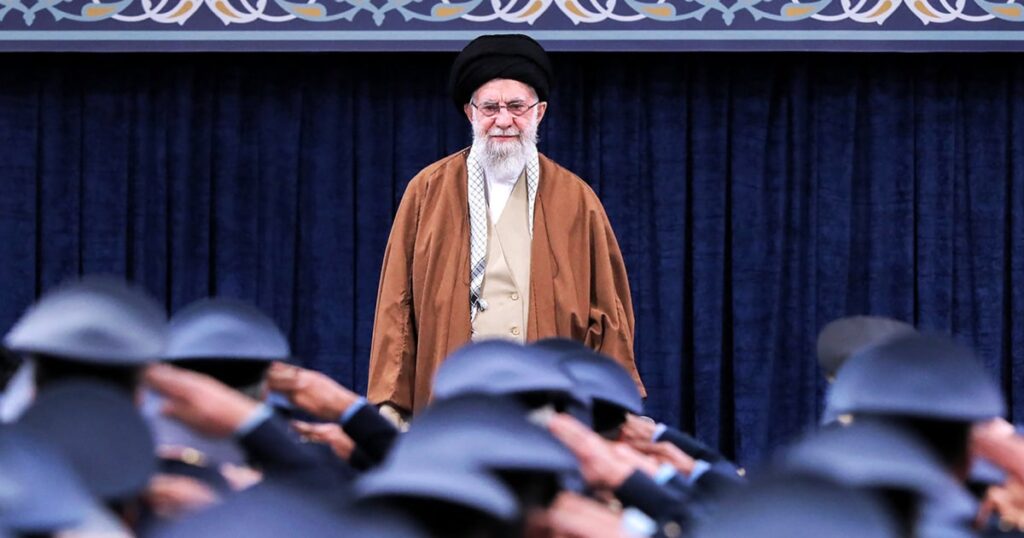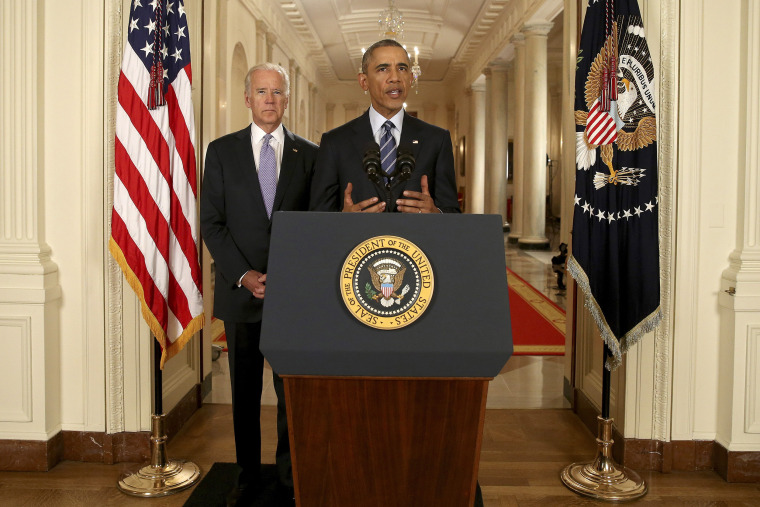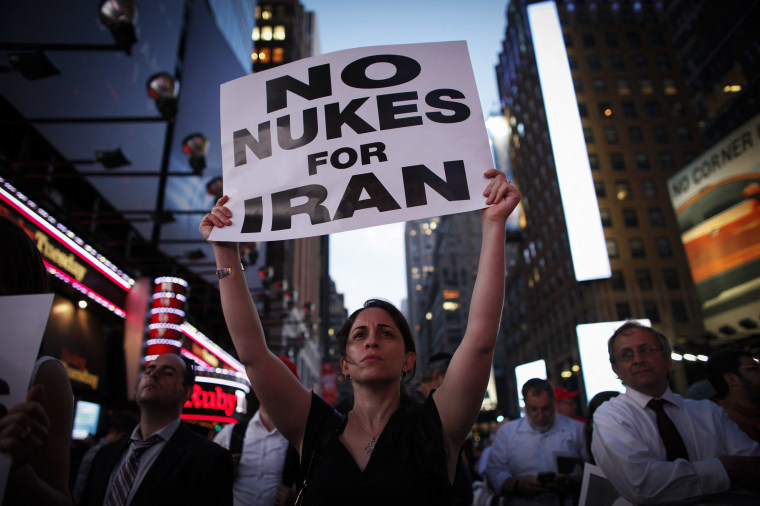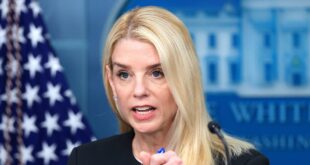
Iran’s Supreme Leader Ayatollah Ali Khamenei on Friday rejected the idea of holding talks with the Trump administration, saying that experience had shown it was “not rational, intelligent, or honorable” to do so.
“Negotiations with America do not solve any of our problems,” Khamenei said in a speech Friday, according to the Iranian news agency, Tasnim.
Khamenei’s comments came after Trump on Wednesday indicated a willingness to negotiate a nuclear deal with Iran “immediately.” Days earlier, the President renewed his “maximum pressure” campaign against Tehran, signing an executive order aimed at preventing it from obtaining nuclear weapons and eliminating its oil exports.
“We will see whether or not we can arrange or work out a deal with Iran,” Trump said in a post on Truth Social.
“We don’t want to be tough on Iran. We don’t want to be tough on anybody,” he added, expressing a preference for “a Verified Nuclear Peace Agreement, which will let Iran peacefully grow and prosper.”
The comments that Khamenei, 85, made in a speech to Air Force officers also appeared to contradict his own earlier remarks, in which he left the door open to discussions over whether Iran would be prepared to negotiate with the U.S. over enriching weapons-grade uranium and sanctions on billions of dollars worth of exports.
Before Friday, both the White House and the Islamic Republic had this week signaled a change in tone from the first Trump administration, during which the President withdrew from a 2015 pact intended to curb Iran’s nuclear program signed by the Obama administration, and reinstated crippling sanctions.

Shortly after, the U.S. withdrew from the deal in 2018, Iran violated the previously agreed-upon enrichment limitations.
But Khamenei pointed to that history on Friday, saying that Iran had made “many concessions” with the U.S. in the 2010s, but that in the end, “Americans did not honor the deal.”
“Our government at the time engaged in negotiations, held meetings, had discussions, smiled, shook hands, and built relationships,” he said, adding, “The very person who is now in power tore up the agreement.”
Trump’s executive order Tuesday triggered a response from Iran’s foreign minister, Abbas Araghchi, who told the Iranian news agency Tasmin on Wednesday that “maximum pressure is a failed experience, and repeating it will lead to another failure.”

Iranian President Masoud Pezeshkian also played down the impact of U.S. sanctions on Iran. On Wednesday, he urged his Iran’s fellow members of the Organization of the Petroleum Exporting Countries (OPEC) to unite against possible U.S. sanctions on the major oil producer, later saying that “Iran is a powerful and resource-rich country that can navigate challenges by managing its resources.”
Iranian officials in recent days have repeatedly claimed the country isn’t actively pursuing a nuclear weapon, reiterating that it is a signatory of the Treaty on the Non-Proliferation of Nuclear Weapons, an international agreement to prevent the spread of nuclear weapons and technology.
While Iran has not yet pursued building a nuclear bomb, a 2023 report released by watchdog International Atomic Energy Agency found the country had begun enriching uranium close to weapons-grade levels.
 Latest World Breaking News Online News Portal
Latest World Breaking News Online News Portal






